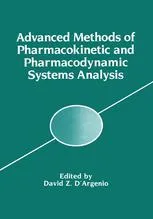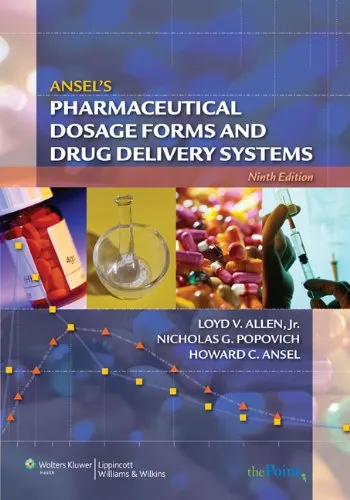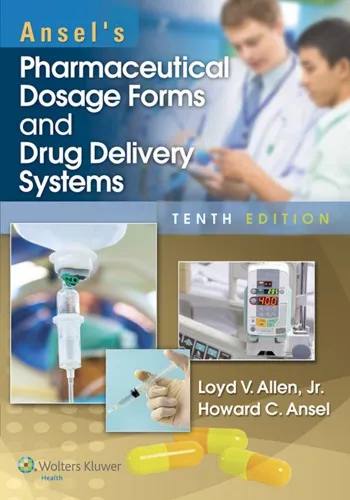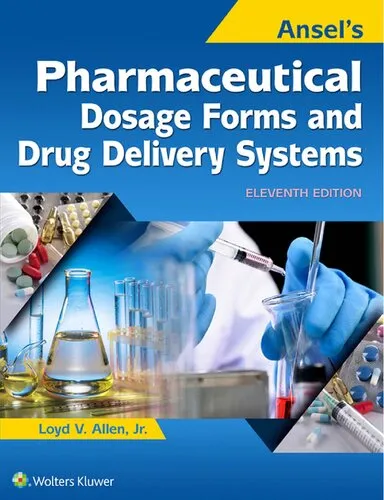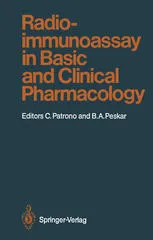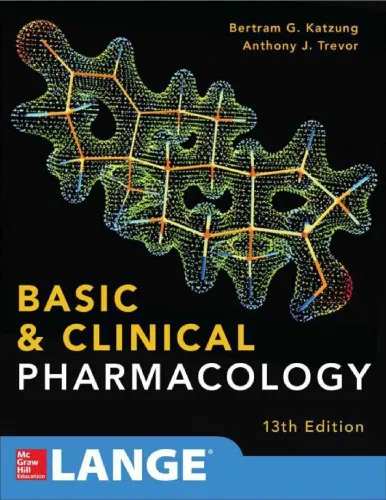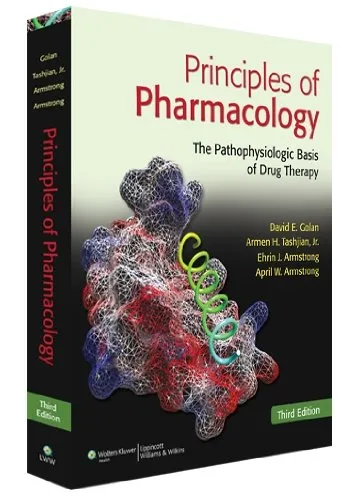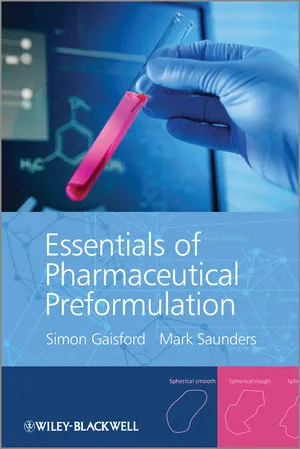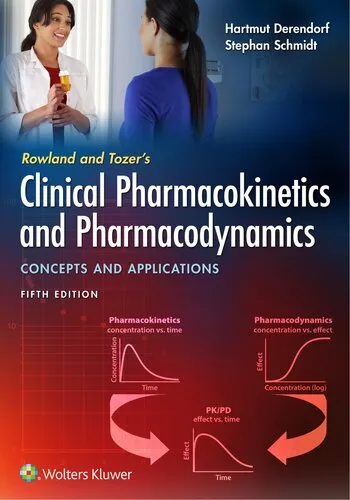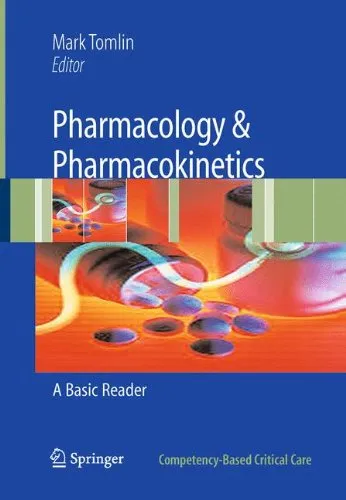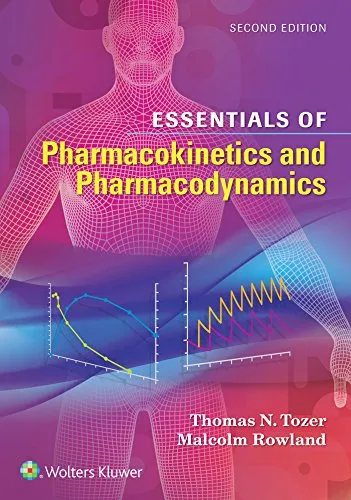Advanced Methods of Pharmacokinetic and Pharmacodynamic Systems Analysis
4.5
Reviews from our users

You Can Ask your questions from this book's AI after Login
Each download or ask from book AI costs 2 points. To earn more free points, please visit the Points Guide Page and complete some valuable actions.Related Refrences:
Introduction to The Book
Welcome to Advanced Methods of Pharmacokinetic and Pharmacodynamic Systems Analysis, a resource specifically designed for those enamored with the intersection of pharmaceutical sciences, mathematics, and computational modeling. Edited by David Z. D’Argenio and contributed to by experts such as Doo-Man Oh, Patrick J. Sinko, and Gordon L. Amidon, this book delves into the intricate world of pharmacokinetics (PK) and pharmacodynamics (PD), providing advanced methodologies and practical tools for researchers, academia, and industry professionals alike.
The book bridges fundamental principles of PK/PD modeling with cutting-edge techniques essential for understanding and advancing therapeutic decision-making. Whether you're newly embarking on this field or are a seasoned researcher, the tools and case studies contained within these pages will deepen your ability to interpret drug behaviors and responses, offering insight into more efficient and effective treatments.
Detailed Summary of The Book
This book serves as an advanced exploration into the nuanced methodologies behind PK/PD systems analysis.
At its core, pharmacokinetics is the study of how drugs are absorbed, distributed, metabolized, and excreted within the body, while pharmacodynamics examines the biological and physiological effects of drugs and their mechanisms of action. Together, PK and PD form the foundation of pharmaceutical sciences and therapeutic applications. Historically, understanding PK/PD required time-intensive studies and approximations, but the advent of computational approaches and data modeling has transformed the landscape of modern pharmacology.
In this comprehensive resource, the authors present numerous modeling techniques, ranging from classic compartmental models to non-compartmental approaches and physiologically-based pharmacokinetic (PBPK) models. Additionally, the book explores the application of Bayesian frameworks, Monte Carlo simulations, and optimization algorithms in pharmaceutical research, making it particularly relevant in the era of precision medicine.
Noteworthy is the attention paid to the practical application of these models. Detailed case studies bring concepts to life, illustrating the utility of advanced PK/PD methodologies across a spectrum of real-world scenarios, such as dose optimization, therapeutic monitoring, and drug interactions. With clearly structured chapters supported by mathematical equations and conceptual explanations, readers are guided through complex ideas in an accessible way.
Key Takeaways
- In-depth understanding of contemporary and traditional pharmacokinetic/pharmacodynamic models.
- Insights into computational tools and algorithms for drug-related system analysis.
- Strategies for applying PK/PD approaches to individualize drug dosages and optimize therapeutic outcomes.
- Knowledge of the growing intersection between pharmacometric analysis and precision medicine.
- Comprehensive examples and case studies that ground theory in practice.
Famous Quotes from the Book
"Modeling pharmacokinetics and pharmacodynamics is not merely about equations on a page, but about understanding the language through which drugs communicate with the body."
"Advancements in PK/PD systems analysis are paving the way for personalized medicine, where treatment is tailored not to the disease, but to the individual."
Why This Book Matters
The significance of Advanced Methods of Pharmacokinetic and Pharmacodynamic Systems Analysis goes beyond its scientific rigor.
The modern pharmaceutical landscape demands more precise, patient-specific treatments. With the growing complexity of chronic conditions, multidrug regimens, and global health challenges, the application of PK/PD is no longer optional but essential. This book provides a vital bridge between theory and application, making it a cornerstone for pharmaceutical scientists, clinical researchers, and even regulatory bodies tasked with evaluating drug efficacy and safety.
Moreover, the emphasis on advanced computational techniques ensures relevance in a future where artificial intelligence and machine learning will play increasing roles in medical sciences. By equipping the reader with critical tools and forward-thinking approaches, this book not only enhances their analytic acumen but also reinforces the overarching goal of pharmacokinetics and pharmacodynamics: delivering safer, more effective medicines to those who need them most.
Free Direct Download
You Can Download this book after Login
Accessing books through legal platforms and public libraries not only supports the rights of authors and publishers but also contributes to the sustainability of reading culture. Before downloading, please take a moment to consider these options.
Find this book on other platforms:
WorldCat helps you find books in libraries worldwide.
See ratings, reviews, and discussions on Goodreads.
Find and buy rare or used books on AbeBooks.
1304
بازدید4.5
امتیاز0
نظر98%
رضایتReviews:
4.5
Based on 0 users review
Questions & Answers
Ask questions about this book or help others by answering
No questions yet. Be the first to ask!
